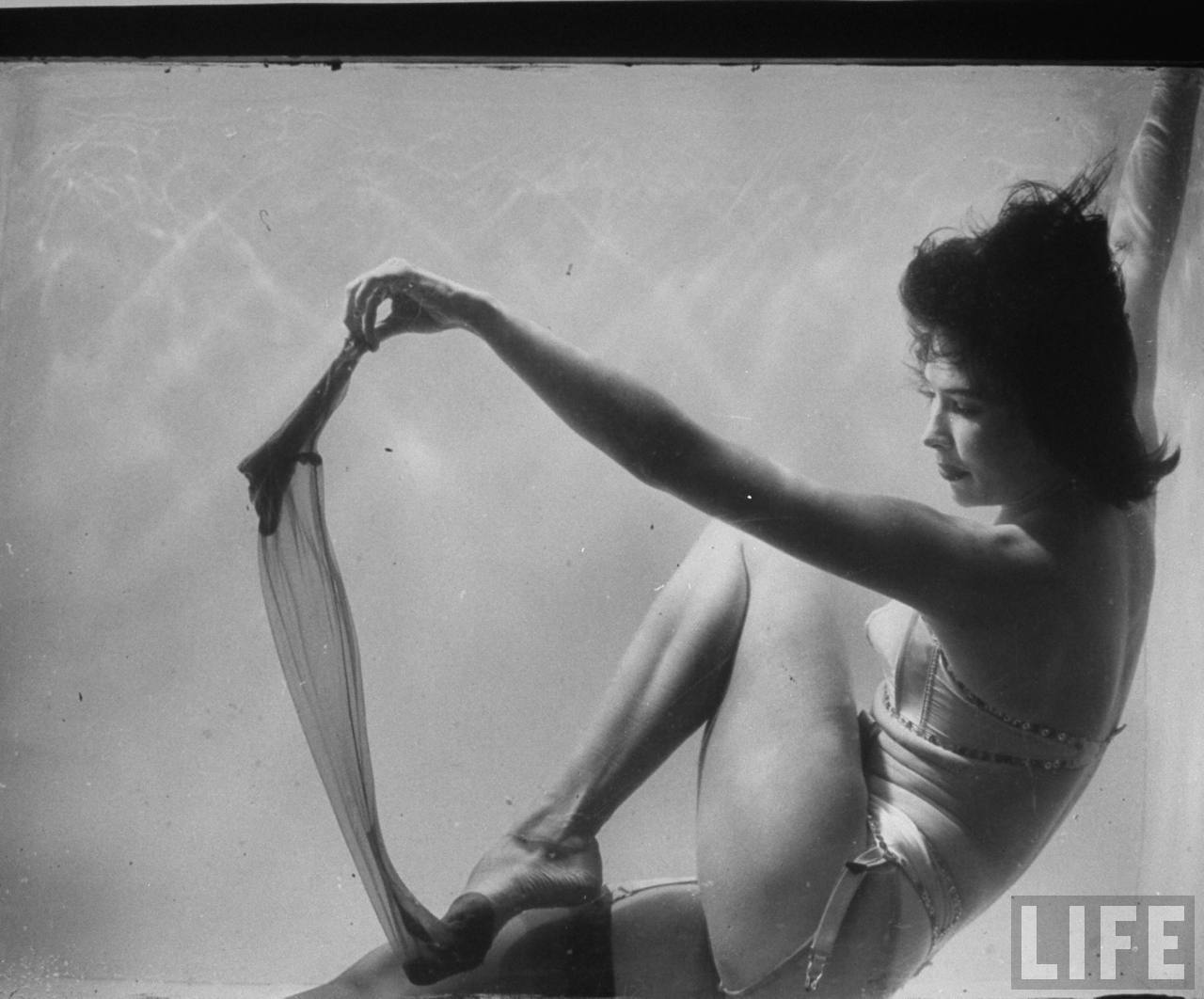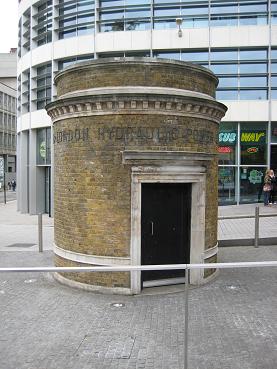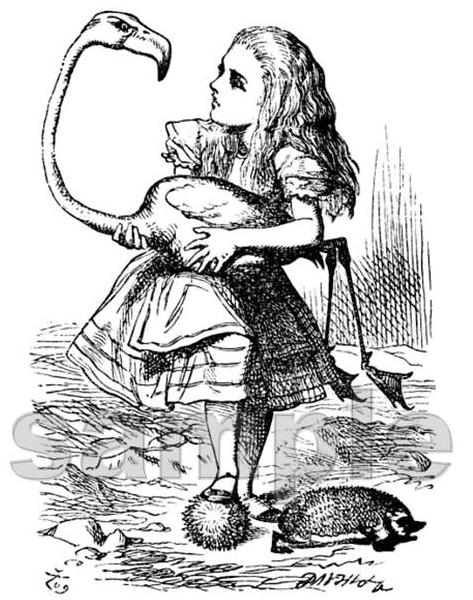I
never have to worry that we’re secure at night, Lola has a routine that if
interrupted would result in frustrated shouts more shrill than any alarm.
Everything is timed. We have clocks on every wall and she winds them each
morning at exactly seven on the very dot, immediately after she’s had her wee
and before she touches the cup of tea I have to have on the table before she’ll
sees to the clocks. I overslept once and the screams saw me out of my bed and
crashing into the kitchen before I’d even noticed it was daylight. I shudder to
remember looking at Lola down the barrel of the pistol, she angry that the tea
hadn’t been on the table and me frightened because of the pressure I’d taken up
on the trigger. I’m a crap shot but no one misses at that range and that
morning haunts me when I remember what might have been. I never forget the tea
now.
I don’t have to worry then, but I
check anyway. The grills on the windows that we never open, the locks on the
door with the keys still in and the bar in place. There are no candles burning.
In the larder the tins are arranged precisely by contents, size, and best-by
date. Nothing perishable has been left out and the tin chest where they live is
bolted and weighed down with the microwave we very rarely use with genie we
keep just-in-case. I can never imagine how the mice would unbolt the box but
Lola assures me they’re clever, and so we weigh the lid down just in case. I
look in on Lola having given her enough time to go through her bedtime routine
and drop off. I don’t even know what that routine is any more. I have to stay
downstairs once we’ve had our three hugs goodnight and the two calls of ‘love
you’ and the wave from the door. I can just see the top of her head above the
Peppa Pig duvet, a straggle of hair the colour mine no longer is. The pump
torch winds down as I watch her. Outside and there are beasts that watch us, or
would, if they knew we were here. If they did then they’d be at the chickens
first, or the pig. Lola calls the pig Henry. I call it pig. I don’t want to
have a Henry sandwich next year.
It’s dark, and I like the dark. I always
have. I spent my youth in the city but I was born and raised in the country. No
streetlights, paths darker than the hedgerows, everywhere everything just
temporary, gnawed at by nature every day. I’m not scared of the dark but it’s
no good for reading and by the time the pump torch winds down again I’m asleep
to the sound of nothing at all.
I have Lola’s tea on the table when
she appears. She’s already dressed. Her boots are on if unlaced. I hear the
water slosh from the bucket to flush the loo. She doesn’t say a word as she
brushes by to take down the clock on the wall. It’s seven exactly and she has
clocks to wind. By the time she’s finished her tea has cooled. It is exactly
right. She likes it strong but not hot and she doesn’t like to wait for it to
be both. Winding the clocks times her tea. Only then does she give me her
morning hug and the world can do as it pleases because that hug is warm and
strong and means everything. Lola has her habits (and thank god because they’ve
kept us alive) but she’s not cold and if I like the dark then this bright ball
of everything that she is makes the sunlight, and I love that more.
It takes her five minutes to decide
on breakfast. Even though everything is exactly as it was the day before short
the bowl of cereal since she last looked still she makes her inspection. Upon
her sombre decision I make toast by the open grille of the wood burner. There’s
only enough bread for this slice and the crust. Lola says, “Fran will be coming
by later.” She’s right. The bread lasts exactly as long as it takes for Fran to
return. I leave the house after unlocking the door and hearing it lock again
behind me. With pistol in one hand and a dustbin lid in the other I make a tour
of the garden as far as the wall that taller than I rings it square. Only then
when from the window Lola sees me wave does she leave the house and even then
does not fetch the eggs and feed the pig, fetch water from the spring play on
her swing until I’ve locked it all again. I never do it properly. I make all
the noises but leave it only on the bolt. Lola doesn’t know it but I watch
everything she does back from the windows where she can’t see me. She’s
insistent that she’s big enough to do her jobs without me there, and she’s
right. But I watch her anyway just in case. There are no beasts out in the
daylight, but only as far as we know. No beasts but people and if there haven’t
been any brigands or ruffians hereabouts for a year since we...
Anyway, I worry. I’m her daddy; that’s
what daddies do, worry.
It’s late before Fran arrives. Lola
hears the motorbike putt-putt long before I do. I’ve got crap hearing. I had
ear trouble as a kid younger than Lola. I had to keep out of swimming pools and
they had me in agony when only a little older. I still can’t swim. Lola can
spend five minutes leaving the house but not when Fran comes by. That gave her
trouble the first two times but once Lola had assimilated that we can’t leave
anyone outside when they come to call she clicked into a new routine, but only
still for Fran. Worried that I’ll cause an upset I linger in the kitchen until
Lola calls out, impatient, for me to come too. There I have to let her open the
padlocks on the gate because I have to hold the pistol. She knows it’s
dangerous to play with guns, so she never does. She’s special and here that little
loop in her otherwise star-bright head is for the best. She still spends a
minute with the mirror making sure no one, no thing, stands out of site either
side of the gate. Fran has backed her funny little jalopy about in case she has
to head off quickly and so she back in when Lola lets her. The gate is shut and
locked and checked four times before Lola is satisfied. Even then I have to go
back with her so she can rattle it once again.
Lola doesn’t like Fran. She’s never
rude but she hurries to stand behind me and won’t look at the woman. Fran doesn’t
mind and knows well enough to pretend that Lola isn’t there at all. When I go
to fetch the eggs Lola runs ahead of me and returns when I do like a shadow. I
take bread baked the day before, some aspirin, and Fran has a book for me, The
Old Man Of the Sea. I count out the eggs and Fran tells me there’s a meeting in
three days times. “Can you come?” she asks.
“I should think so,” I say. Three
days is long enough for me to get Lola used to the idea. A day for her to
protest, a day for her to ignore it, and one more for her to pretend it’s her
idea.
“I can take those off you?” Fran
says, indicating our vegetable patch. It takes up half the garden, and it’s a
big garden. We don’t eat a lot of it; it’s a slug farm. Bottom of the grounds,
wet. Also filled with slug traps. We get the world’s supply of slugs. The
chickens love them. It’ll be dark soon so we’ll harvest what we’ve caught in
time for the morning. I shake my head. Fran turns about and we go through the
whole routine in reverse. She putts slowly back to the gate through the mud and
doesn’t wave goodbye.
We had a thing once, briefly. Lola didn’t
like it. That was that then. Fran despite the way she lives is meticulously
clean. She used to complain about how filthy I was. We live amongst chickens
and mud to feed chickens. There’s a spring that’s only a trickle and that’s for
drinking and cooking. Of course we’re filthy.
Lola has to go back to check she’s
locked the gate properly. “We’re not going,” she says of the meeting.
I don’t reply. We will and it’ll be
her idea. It’s already getting dark but I never have to worry that we’re secure
at night.



















